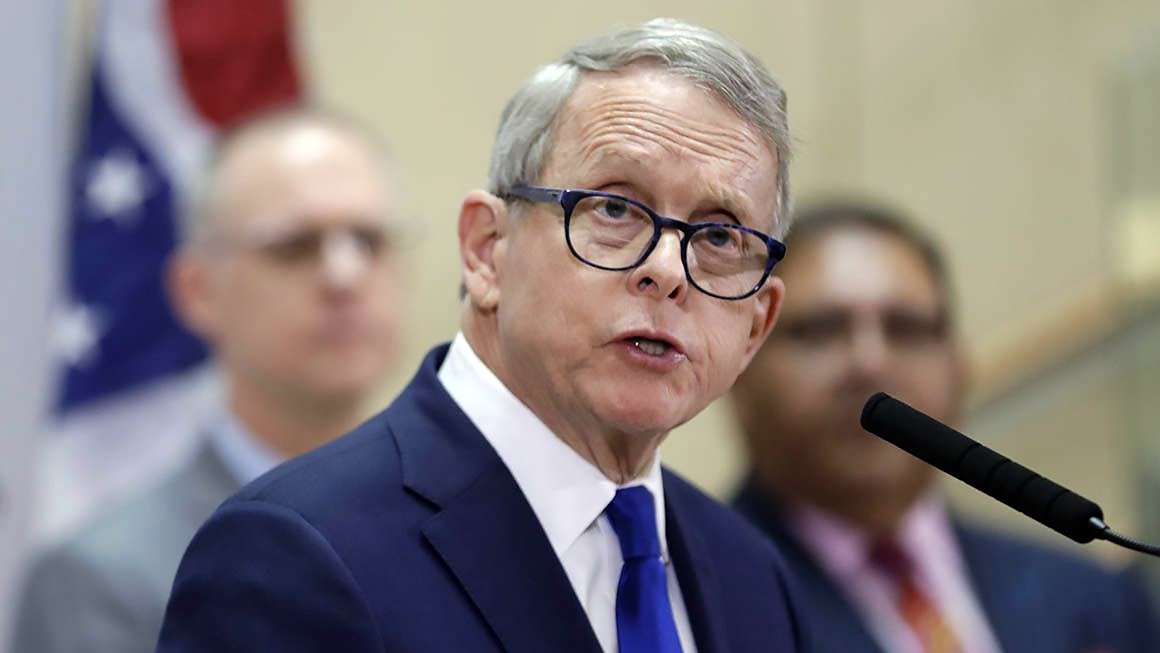Maine lawmakers discuss bill to allow new tribal casinos

Maine's three federally recognized tribes could be allowed to open casinos on their lands under proposed changes to the state's gaming laws.
On Friday, the Legislature's Committee on Veterans and Legal Affairs will hold a work session on a proposal that would authorize the state's recognized tribes – the Passamaquoddy, Penobscot Nation and Houlton Band of Maliseet Indians – to build and operate casinos and gaming operations in their territories. LD 554 would require the state to negotiate a new compact with the tribes to allow gambling.
A landmark land claims settlement of 1980 exempted Maine from federal Indian gaming laws, which has prevented the tribes from opening casinos on their lands.
In testimony to the committee, Penobscot Nation Tribal Ambassador Maulian Dana said there are currently no proposals yet to build casinos on tribal lands, but said the changes are needed to give Maine's tribes the same rights under federal law that are afforded other native peoples. "For the tribes this is not about the ethics or mechanics of the gaming industry itself," Dana wrote, as reported by The Center Square. "This is about our inherent sovereignty as tribal nations and the right to self-determination and self-governance."
Rep. Scott Cuddy, D-Winterport, said he supports the proposal and called it an issue of fairness for the state's Indigenous inhabitants. "The argument about whether or not to allow gaming is over and it is simply an argument over who should be allowed to have access to owning it," Cuddy wrote to the committee in support of the legislation. "Tribes all over the country have that access, but because of a quirk of law Maine tribes have been denied."
But the proposal faces pushback from the operators of one of Maine's two existing casinos, who argue that the changes would oversaturate the state's gaming market. Dan Walker, a lobbyist for the Oxford casino, wrote to the committee that the casino industry is just beginning to recover from the economic impact of the pandemic. Adding more casinos would only "cannibalize" the industry, he wrote.
"Casino expansion will put an end to this success," Walker wrote. "Expanding gaming in Maine, like has occurred in other jurisdictions to the point of saturation, will hurt the existing facilities, cost jobs, and stagnate their development."
Gov. Janet Mills, who vetoed a sports gaming bill a year ago, is urging lawmakers to consider whether there is broad public support for expanding gambling in the state. In a letter to the committee, Mills Deputy Legal Counsel Tim Feeley noted that the proposal would expand gambling without a referendum to gauge public support for the changes.
If the committee approves the bill, it would still need to go to the full Legislature for a vote and then head to Mills' desk.

















